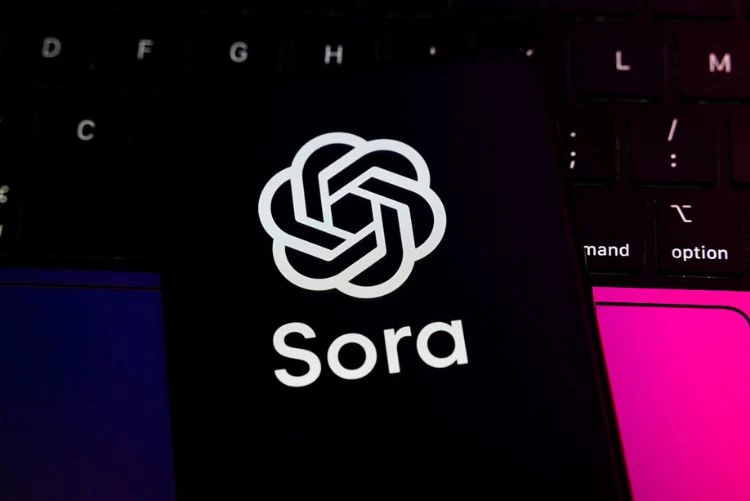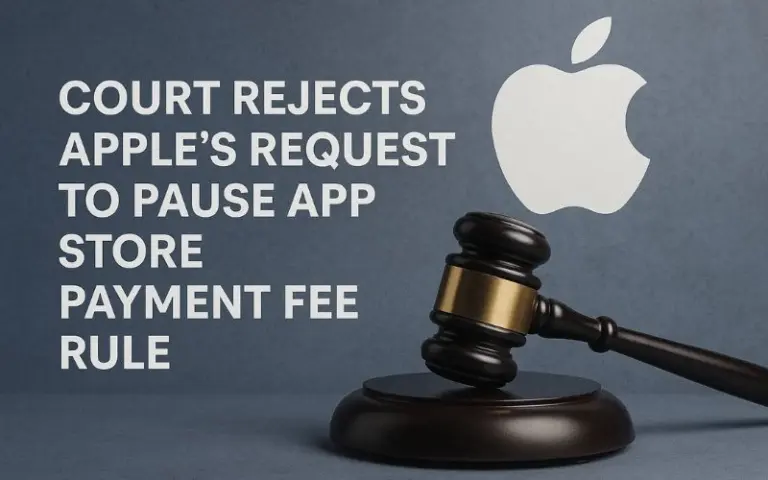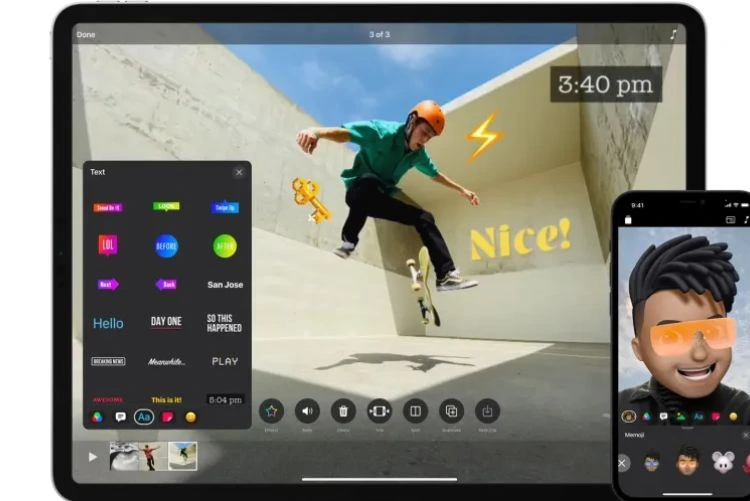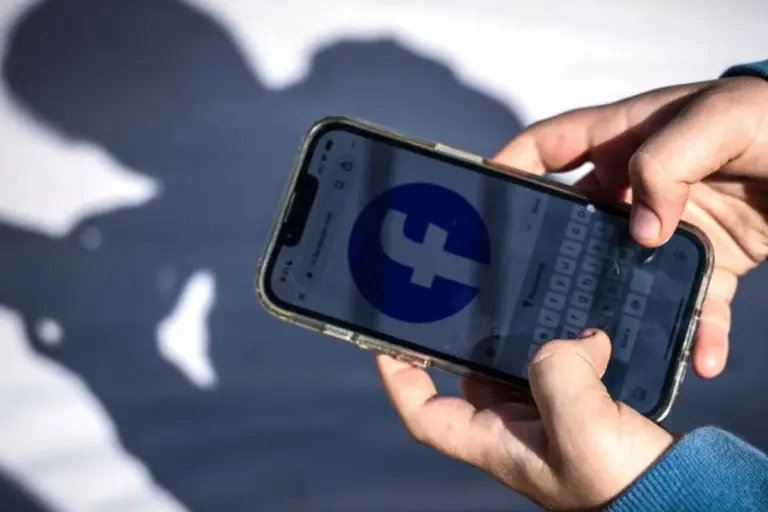Apple’s App Store Overrun by Fake ‘Sora’ Apps — Some Still Active!”

When OpenAI released its invite-only Sora video app, it made big waves. But along with the hype came something darker: a flood of fake apps trying to ride its success. Many of these impostors slipped past Apple’s review and remained listed, confusing users and raising serious concerns.
Let’s break down what’s happening, how these apps got through, what risks they pose, and how you can protect yourself.
What Is Sora, and Why Are Clones Appearing?
-
Sora is OpenAI’s new AI video generator. Users type text, and it turns those prompts into short video clips using a model called Sora 2.
-
Because of its high interest and limited availability (invite-only in many regions), the demand is huge. Many users search for “Sora” in app stores.
-
Copycat developers saw this demand and moved fast. They rebranded existing or generic apps with names like “Sora 2 – AI Video Generator,” “Vi-Sora,” or “PetReels Sora for Pets.”
-
These fakes mimic branding, UI elements, and keywords to stay visible in searches.
According to TechCrunch, more than a dozen Sora-branded impostors appeared soon after the official app’s launch. Over half used “Sora 2” in their names. Some had already been on the App Store under different names and just switched branding when Sora launched.
How Did They Slip Past Apple?
You’d expect Apple’s review process to catch blatant fakes, yet many were approved. Possible reasons include:
-
Name & branding changes: Some apps weren’t new; they were old apps rebranded quickly after Sora’s release. Using existing “trusted” apps, they just renamed them.
-
Keyword & metadata trickery: They used “Sora,” “Sora 2,” and related terms in titles and descriptions to manipulate App Store searches.
-
Limited Apple scrutiny under hype: High-profile launches see surges in submissions; reviewer bandwidth may be strained.
-
After-the-fact removal: Apple has pulled many of these clones, but not all. Some remain alive.
Scale & Impact: How Big Is the Problem?
-
These impostors saw ~300,000 installs total, with ~80,000 installs after Sora’s official launch.
-
One app, “Sora 2 – AI Video Generator”, gained over 50,000 downloads post-launch.
-
Another clone, “Sora 2 – Video Generator AI”, has stayed live and has 6,000+ downloads.
-
Collectively, these clones pulled in upward of $160,000 in revenue before many were removed.
-
In contrast, the official Sora app reached 1 million downloads within days, surpassing ChatGPT’s launch pace.
These numbers show not just opportunism, but that many users fall prey to clones, especially during hype cycles.
Also Read:
- Xbox Console Games Now Showing in Xbox PC App: Big Surprise for Gamers
- Why YouTube Ended Up Paying for Trump’s Ballroom Project
Risks of Downloading a Fake “Sora” App
-
Privacy & data theft: Fake apps may request excessive permissions or harvest user data.
-
Poor experience or scam features: They might promise features (like AI video generation) but deliver low-quality tools or require payments.
-
Malware or ad fraud: Some clones could be malicious or push aggressive ads.
-
Trust erosion: Users who can’t get the real Sora may blame OpenAI or Apple, damaging their reputations.
What’s Apple and OpenAI Doing?
-
Apple has removed many fake Sora apps after being flagged.
-
But some impostors remain, which suggests removal is imperfect.
-
OpenAI itself hasn’t given a full public statement about the clones yet (as of the latest reports).
How to Spot & Avoid Sora Clones
Here are tips to avoid falling into clone traps:
| Check | What to Look For | Red Flag |
|---|---|---|
| Developer name | Should be OpenAI or an officially verified team | Unknown or generic dev name |
| Launch method | The real Sora is invite-only in many places | Apps claiming instant access or wide availability |
| User reviews & ratings | Look for complaints about missing features, bugs | Lots of 1-star reviews, no real feedback |
| Permissions | Must be reasonable (camera, mic) | Asking permissions for contacts, files, etc. |
| App screenshots & branding | Should match OpenAI’s style & branding | Pixelated logos, inconsistent UI |
| Price / in-app charges | The real app will be clear about costs | Hidden subscriptions promise “unlimited access” |
Also, check on OpenAI’s official website or social media for the correct Sora link.
What This Means for App Store Trust
-
This flood of clones highlights a bigger issue: as AI apps become hot, scam developers move fast.
-
App Store moderation is stretched. Fake apps showing up in high volume before being removed show the system is reactive rather than proactive.
-
Users must be more vigilant. In the future, any trending app might attract copycats immediately.
Final Thoughts
“Sora copycats flooded Apple’s App Store, and some remain” is not just a sensational headline; it’s the truth of how hype and tech fads attract fraud. The real Sora app’s success created a vacuum that scam developers rushed to fill. Many of those clones continue to live despite Apple’s efforts.
If you ever search for trending apps like Sora or other AI tools, always double-check developer info, reviews, and official announcements. Don’t download based simply on name matching.






